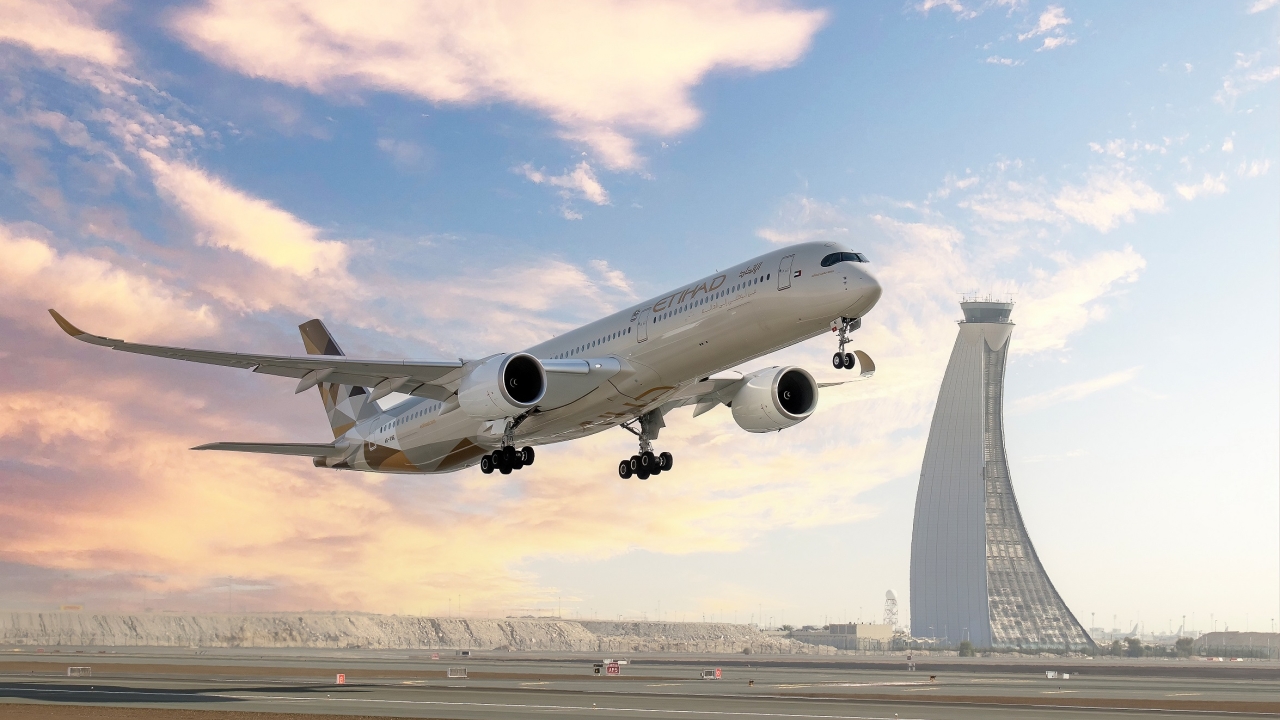Qatar Airways remains committed to a sustainable operation

Qatar Airways remains fuel-efficient. Image Qatar Airways
Due to COVID-19’s impact on travel demand, the airline has taken the decision to ground its fleet of Airbus A380s as it is not commercially or environmentally justifiable to operate such a large aircraft in the current market.
Environmentally conscious passengers can travel with the reassurance that Qatar Airways continuously monitors the market to assess both passenger and cargo demand to ensure it operates the most efficient aircraft on each route. Finding the right balance between passenger and cargo demand has enabled the airline to continue operating its full fleet of Airbus A350 and Boeing 787 aircraft, helping take people home safely and providing reliable airfreight capacity to support global trade and the transport of essential medical and aid supplies.
Qatar Airways is the largest operator of A350 series aircraft, and was the launch customer for both the A350-900 and A350-1000. With a total of 49 A350 variants in the current fleet at an average age of 2.5 years, and a seating capacity optimized for the current market, the A350 is perfectly positioned to lead the airline’s rebuilding of its network. The 30 Boeing 787 aircraft in the Qatar Airways fleet also provide appropriate capacity to offer the right capacity on routes in Europe while markets recover. As the world prepares itself to emerge from the COVID-19 crisis, Qatar Airways’ A350 fleet is the aircraft of choice for the most strategically important long-haul routes to the Americas, Europe and Asia-Pacific regions.
Qatar Airways Group Chief Executive, Akbar Al Baker said: “Qatar Airways Group has a strong record of industry leadership on sustainable operations. We take our responsibilities to care for the environment seriously and sustainability is at the forefront of our business planning across the group, this is why we have an average fleet age of less than five years, one of the youngest in the world. Thanks to our strategic and diversified investment in our fleet, the viability of our operations has not been dependent on any specific aircraft type. This has enabled us to be one of the few global airlines to never stop operating during this crisis, carrying over two million passengers and in the process becoming the largest international airline in the world. Our fleet mix has enabled us to continue operating routes throughout this crisis ensuring we do not leave passengers stranded.
"As we rebuild our network, passengers can rely on us to operate an honest schedule of flights to take them where they want to go, using the right size aircraft to offer sensible capacity on each route. As a result, we will not resume flying our fleet of A380 until demand returns to appropriate levels. Having closely studied the environmental impact numbers, flying such a large aircraft with a low load factor does not meet our environmental responsibilities or make commercial sense. Our young fleet of Airbus A350 and Boeing 787 aircraft are a much better fit for current global demand.”
Stay up to date
Subscribe to the free Times Aerospace newsletter and receive the latest content every week. We'll never share your email address.

